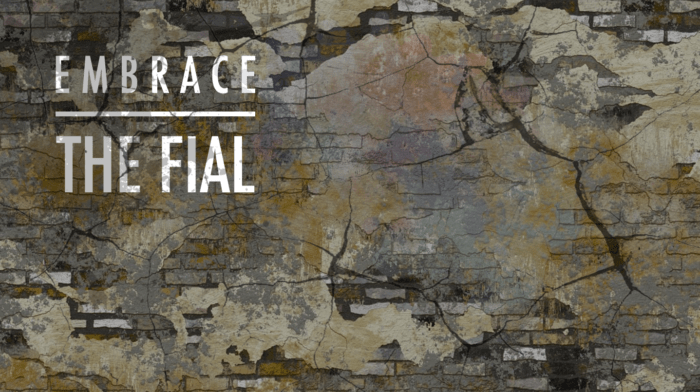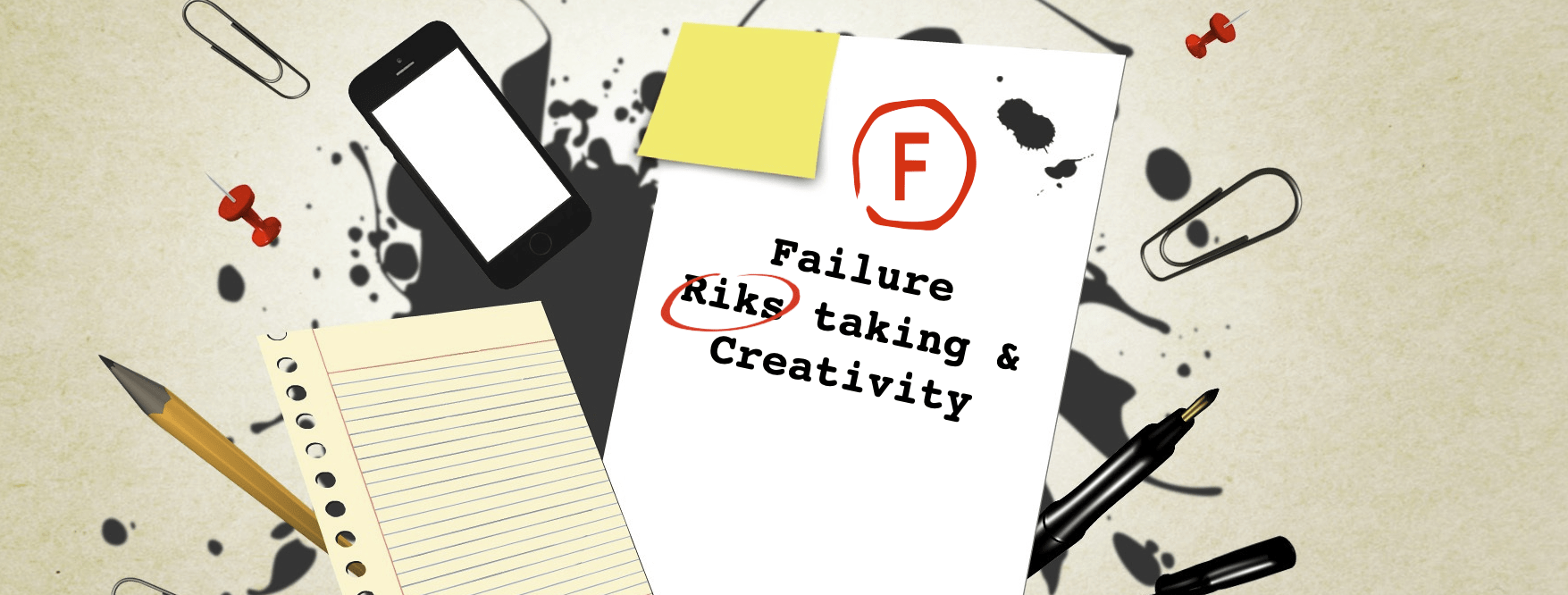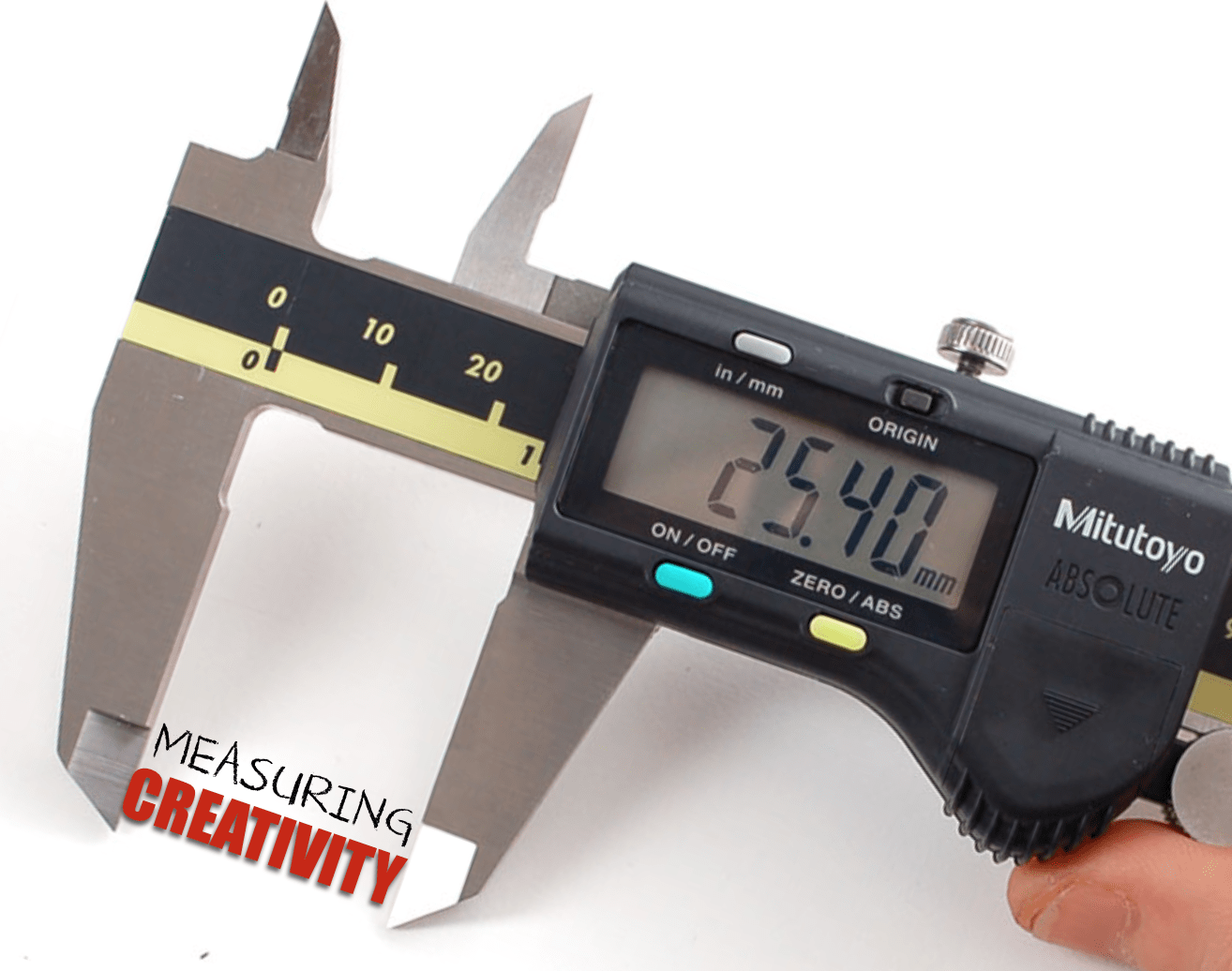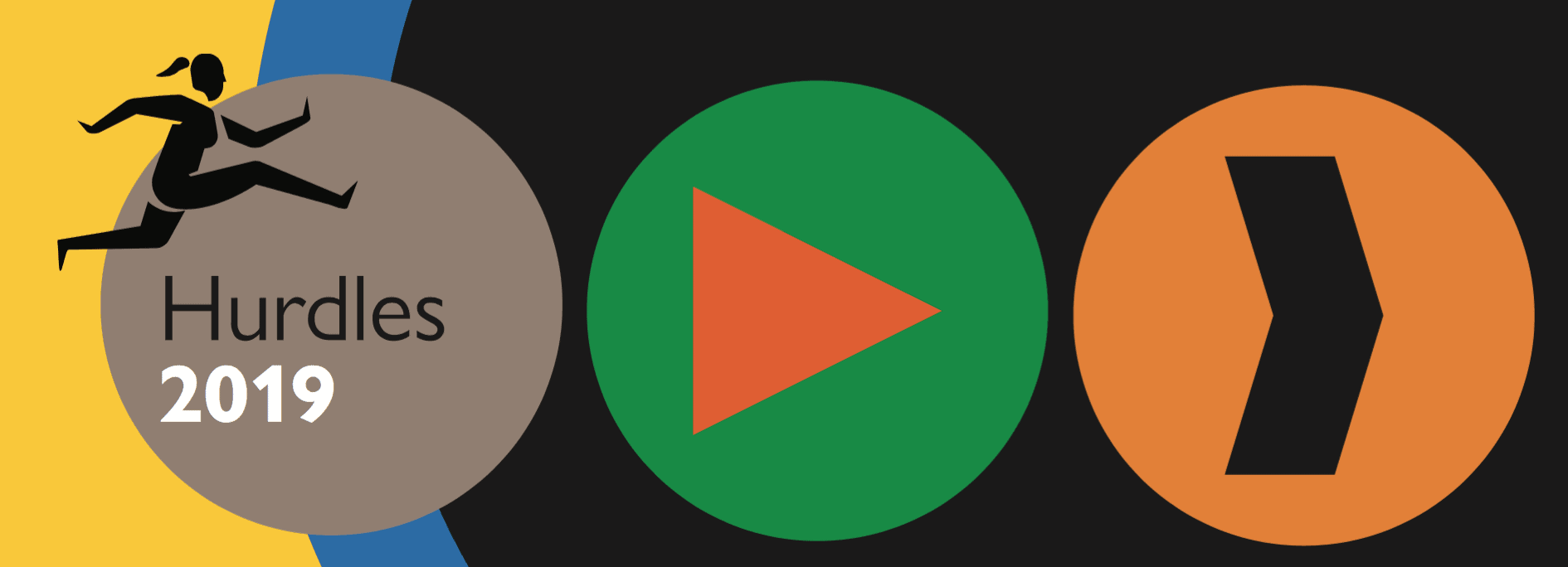I am excited to announce a call for articles on Failure and Creative Risk in Technology-Enhanced Learning for a special section in the journal Tech Trends, edited by Danah Henriksen, Punya Mishra, Edwin Creely, and Michael Henderson. You can download the the announcement (PDF) or read more below.
Just FYI: TechTrends is a peer-reviewed, double-blind, Springer journal. It has a 2019 impact factor of 1.538, H-index=33 (Scimago), and a 2019 Scopus CiteScore of 2.3. As a journal of the Association for Educational Communications & Technology, TechTrends has a wide readership in educational technology.
Rationale and Background for the Topic
Notions of learning through failure have suddenly become incredibly popular, and this phenomenon of celebrating creativity through failure is frequently revered in the tech-center of the world, Silicon Valley. Yet, it is not failure that is being celebrated, but failure of a specific kind: failure that leads to creative solutions that lead to corporate, bottom-line success. These ideas of creative success emerging from failure have also spread into mainstream culture, and through that, into educational discourse.

Despite this growing interest failure is something that education systems have traditionally been adverse to. This creates a paradox—in that schooling is built around avoidance of risk and failure, yet the broader discourse around creativity often connects it with risk and productive failure. This is particularly prevalent for the field of educational technology, where creativity has often been positioned as being vital for digital futures in education (Craft, 2010).
Manalo and Kapur (2018) note that despite some agreement that failure can be productive for learning, there is still no clear sense of how to achieve or harness this, especially in classroom contexts:
Although we are not short on intuitive and common sense advice about benefiting from failure, there really is a dearth of methods and guidelines (especially ones supported by research evidence) about how exactly this can be done…We do not sufficiently understand the factors that influence or the mechanisms that determine differing outcomes.
There is a need for research that examines creativity and failure in educational contexts with or through technology—and the tensions and paradoxes inherent in this work. We need research that views students as knowledge makers who take risks and use failure productively and positively in the quest for new knowledge, innovative products and ways of doing, while acknowledging systemic challenges in schools.
Digital technologies can have a central part to play in enacting creativity and failure in classroom implementation. With emerging possibilities for creative doing and thinking, digital technologies may allow modalities for dealing productively with failure—perhaps assuaging concerns about failure in outcome-driven systems. Technologies can offer ways of enhancing adaptability and independent thinking skills, promoting novelty and opportunities to trial ideas safely. Therefore, digital technologies offer possibilities in allowing failure to be contained and managed in the limitations of education systems. If and how this may work, especially in contexts that are typically averse to failure, demands investigation.

Call for Manuscripts
We seek manuscripts that highlight empirical research findings, particularly as embedded in practice. The manuscripts should detail, investigate or explore the role of technology to influence creativity and learning as related to or involving failure in learning environments. Manuscripts can reflect a variety of research paradigms, conceptual frameworks, and methods related to this topic. Theoretical or conceptual works may also be considered. The following is a non-exhaustive list of possibilities:
- Conceptual and/or theoretical articles about the relationship between failure and creativity in the context of teaching and learning with technologies
- Conceptual models based on theory and/or research related to generative uses of failure as a support for creative learning with or through technology
- Articles that address the tensions or intersections of failure and creativity with regard to international standards (e.g., ISTE), state standards or expectations, and local contexts
- Studies that examine how technology can influence teaching related to creativity and failure
- Studies that examine how technology has supported or influenced the use of failure in learning outcomes and/or students’ performance in general or in specific content areas
- Case studies of efforts to support teachers’ or pre-service teachers’ use of technology in regard to failure and creativity in learning environments
- Articles that critically examine existing teaching or learning frameworks and models around failure and creativity with and through technology
- Studies of classroom-based practices in which technologies have been integrated with the development of creativity and productive uses of failure.
- Exploratory research on pedagogies that support the integration of creativity and failure with and through technologies
Expected publication date
July 2021, detailed calendar of deadlines at bottom of this call for proposals
Submission Information
Articles should follow the writing style guidelines for Tech Trends including APA 7th Edition formatting. Submissions should be 4000-6000 words in length (10-18 pages) not including tables, figures, and references. Abstracts should not exceed 150 words. Use APA formatting throughout.
Please email a brief overview (approx. 500 words, or less) of proposed articles to Danah Henriksen (danah.henriksen@asu.edu) for initial review using Tech Trends Special Issue as the subject line. If accepted for review, you will be directed to a TechTrends portal for this special issue to submit your full article per the schedule below.
We will kindly ask authors to serve also as reviewers for other submissions. Given your expertise as a scholar in this particular topic, your peer review feedback is extremely valuable.
Important Dates
- July 30, 2020– Email submission of proposal due
- August 15, 2020 – Accepted authors notified
- September 30, 2020 – Full submissions due
- November 30, 2020 – Decisions made; feedback sent
- January 15, 2021 – Revisions due
- February 15, 2021 – Feedback on revised manuscripts
- March 15, 2021 – Revisions due
- July 2021– Special issue published




0 Comments